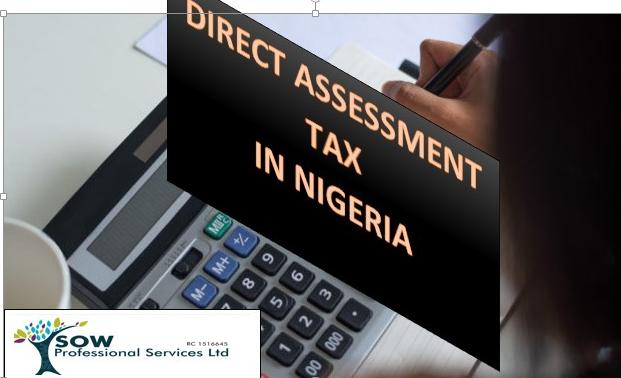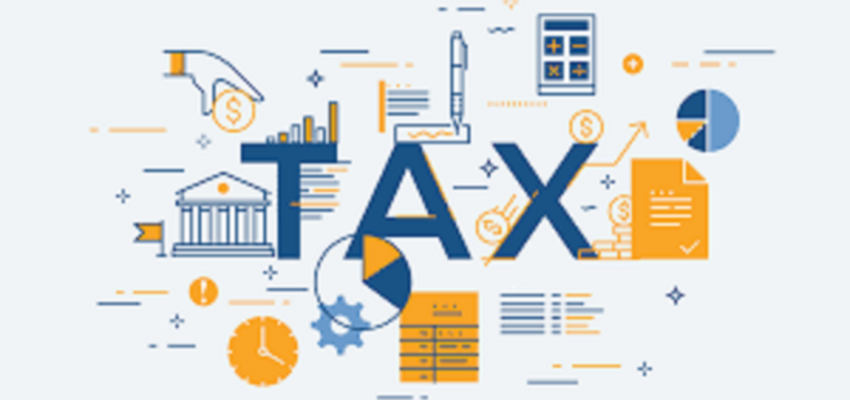The Role of SCUML in Nigeria
The Role of SCUML in Nigeria
In the realm of financial security, combating money laundering and terrorist financing is crucial for maintaining the integrity of economies worldwide. In Nigeria, the Special Control Unit Against Money Laundering (SCUML) serves as a frontline defense against these threats. Established under the Money Laundering (Prohibition) Act of 2011, SCUML is responsible for enforcing compliance with anti-money laundering (AML) laws, among Designated Non-Financial Businesses and Professions (DNFBPs).
Historical Context and Establishment
The establishment of SCUML was a response to the growing recognition of Nigeria as a significant hub for financial crimes, particularly money laundering. Prior to SCUML’s formation, the lack of a dedicated agency to oversee non-financial sectors left significant gaps in Nigeria’s AML framework. The government acknowledged the need for a specialized unit to address these vulnerabilities and enhance regulatory oversight.
Core Functions of SCUML
SCUML’s mandate encompasses several critical functions:
- Regulatory Oversight and Compliance Monitoring
SCUML oversees compliance among various DNFBPs, which include sectors such as real estate, legal services, accounting, and gaming. By imposing regulations, SCUML ensures that these businesses implement effective AML measures, such as customer due diligence (CDD) and reporting suspicious activities. Regular audits and assessments help maintain high compliance standards, reducing the risks of financial crime. - Capacity Building and Training Initiatives
Recognizing that awareness is crucial in combating financial crimes, SCUML conducts extensive training sessions and workshops. These initiatives aim to equip stakeholders with the knowledge necessary to identify and report suspicious transactions. Training topics often include understanding money laundering methods, recognizing red flags, and implementing effective compliance programs. - Collaboration with Law Enforcement Agencies
SCUML works closely with various law enforcement entities, including the Economic and Financial Crimes Commission (EFCC) and the Nigerian Financial Intelligence Unit (NFIU). This collaboration is vital for sharing intelligence and conducting joint investigations into financial crimes. By pooling resources and expertise, these agencies enhance the effectiveness of Nigeria’s AML efforts. - Public Awareness Campaigns
To foster a culture of compliance and vigilance, SCUML engages in public awareness campaigns that educate businesses and the general populace about the risks of money laundering. These campaigns emphasize the importance of transparency in financial dealings and the potential consequences of engaging in or overlooking illicit financial activities. - Data Collection and Analysis
SCUML plays a critical role in collecting and analyzing data related to financial transactions. This analytical capacity is essential for identifying trends, patterns, and anomalies in money laundering activities. By leveraging this data, SCUML can provide valuable insights to policymakers and law enforcement agencies, guiding their strategies in tackling financial crimes. - Policy Development and Advocacy
Beyond its operational functions, SCUML is involved in shaping AML policies in Nigeria. The unit advocates for the adoption of best practices and international standards in anti-money laundering efforts, aligning Nigeria’s framework with global expectations. This policy work is essential for enhancing Nigeria’s standing in the international financial community.
The Impact of SCUML on Nigeria’s Financial System
SCUML’s efforts have far-reaching implications for Nigeria’s financial landscape. By ensuring compliance among DNFBPs, SCUML contributes to a more transparent and secure business environment. This transparency is not only crucial for deterring financial crimes but also plays a significant role in attracting foreign investment. Investors are more likely to engage with economies that demonstrate a strong commitment to combating money laundering and upholding financial integrity.
Furthermore, SCUML’s work fosters public trust in financial institutions. When businesses and consumers are confident that robust measures are in place to prevent money laundering, they are more likely to engage in legitimate financial transactions. This, in turn, contributes to economic stability and growth.
Challenges and Future Directions
Despite its crucial role, SCUML faces several challenges. The rapidly evolving nature of financial crimes means that the agency must continuously adapt its strategies and practices. Additionally, there is often a need for greater resources and capacity to effectively monitor compliance across diverse sectors.
Looking ahead, SCUML is poised to enhance its capabilities through the adoption of advanced technologies, such as data analytics and artificial intelligence. These tools can aid in the early detection of suspicious activities, improving the unit’s efficiency in preventing money laundering.
Moreover, fostering a culture of compliance across all sectors will be vital. As financial crimes become increasingly sophisticated, collaboration among all stakeholders—including businesses, government agencies, and civil society—will be essential for a comprehensive response.
Categories of Businesses That Require SCUML Certificate in Nigeria
The following Non-Financial Businesses and Professions (DNFBPs) businesses require SCUML certificate in Nigeria;
- Dealers in luxury goods.
- Dealers in jewelry.
- Importers and dealers in cars or any other automobile.
- Hotels and other hospitality businesses.
- Tax consultants.
- Audit firms.
- Casinos, pools betting and other Lottery businesses.
- Audit firms.
- Accountants and Accounting Firms.
- Consultants and consulting companies.
- Clearing and settlement companies.
- Trust and company service providers.
- Estate Surveyors and Valuers.
- Dealers in Real Estate, Estates Developers, Estate Agents and Brokers.
- Dealers in precious stones and metals.
- Dealers in Mechanized farming equipment and machineries.
- Construction companies.
- Non-Governmental/Non-profit organizations.
- Mortgage Brokers.
- Practitioners of Mechanized farming and such other businesses and professions as the federal Ministry of Trade and Investment or appropriate regulatory authorities may from time to time designate.
NPO Sector; NPO (non-profit organization) are organizations that focus on a specific social cause, such as in science, education, health, arts and recreation, and religion.A nonprofit organization is an entity that is created and operated for charitable or socially beneficial purposes rather than to make a profit.
The following non-profit organizations require SCUML certificate in Nigeria;
- Clubs
- Associations
- Humanitarian/Charity organization
- Religious/Faith based organization
Please note that even if you identify your business under some category not mentioned, you will still require a SCUML Certificate if the objectives of your business as stated in the MEMART or Business Name Form covers any of the above listed areas.
We will be glad to assist you to register your SCUML Certificate and other Statutory required documents registration.
Book a free advisory session with us today.
Basic NNPC/NipeX JQS Registration
How to Process NCEC Registration
For Business & Management Consultancy, kindly contact us at :
E-mail: care@sowprofessional.com
Website: www.sowprofessional.com
Phone: 07038254989
Whassapp: 07038254989



